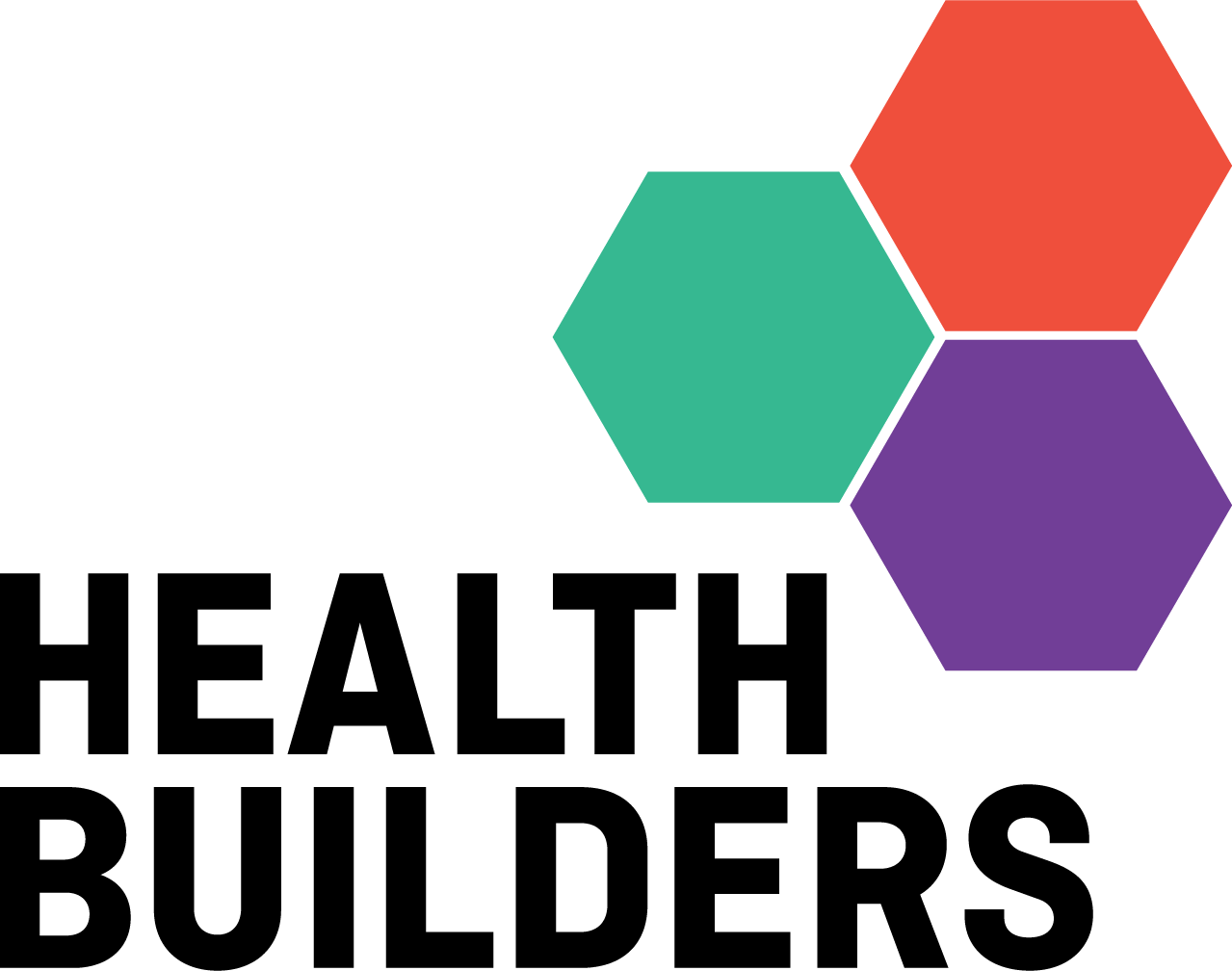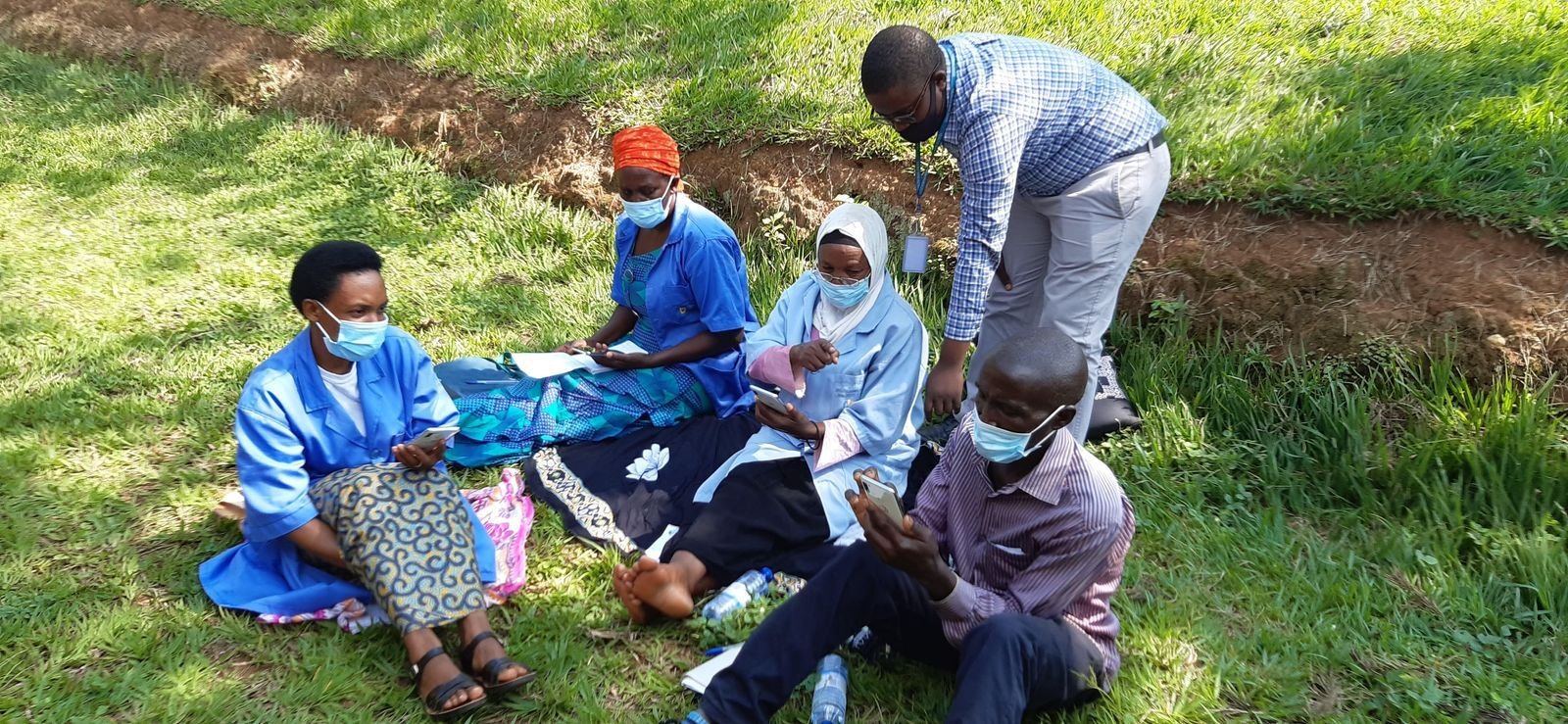New Technology Helps Saves Lives in Rural Rwanda
Failure to timely diagnose and respond to complications of pregnancy and childbirth, unwanted pregnancies, and lack of access to quality healthcare services and life-saving commodities are some of the leading causes of preventable maternal, neonatal and child deaths in Rwanda.
Most maternal and child deaths can be prevented by improved coverage and quality of essential health services such as antenatal care (ANC), assisted deliveries, postnatal care, growth monitoring and health education as well as early consultation for treatment of diseases. However, the latest Rwanda Demographic and Health Survey shows that only 47% of pregnant mothers completed the recommended four standard ANC visits. In addition, severe gaps were identified related to the quality of maternal and child health care services including incomplete assessments, inadequate diagnoses and treatments.
As a result, the maternal and neonatal mortality is still high at 218 per 100,000 and 20 per 1,000 live births respectively, while 33% of under-five children are stunted (NISR, 2020).
In April 2021, Health Builders and TIP Global Health begun a pilot project in Kajevuba Health Center to provide the first point-of-care electronic health system, e-Heza, ever used at health center level.
E-Heza is a simple, cost-effective technology developed by TIP Global Health to improve quality of essential healthcare services including antenatal care, child growth monitoring for early detection of malnutrition, as well as treatment of acute illness at community level. It uses standardized, automated assessment tools that allow health care workers to fully and accurately assess pregnant women and under five children, detect complications, and make appropriate clinical decisions. The technology also helps to strengthen the monitoring and evaluation system by improving data accuracy, and use.
So far, 32 Community Health Workers (CHWs) have received a five day training on e-Heza, and 26 devices were distributed.
In order to ensure the technology is sustainable, internet packages were also provided to the CHWs and the health center has been receiving weekly mentorship in the use of the application. Other staff members received three days of training with a focus on antenatal care and nutrition.
“E-Heza has helped us a lot. We used to keep records on papers and sometimes we could lose them, but now we keep them digitally on our phones. In addition, when we treat a childhood illness, we can easily check the patient's history to provide effective treatment." - Mvukiyehe Phocas, CHW in Kaje Village

